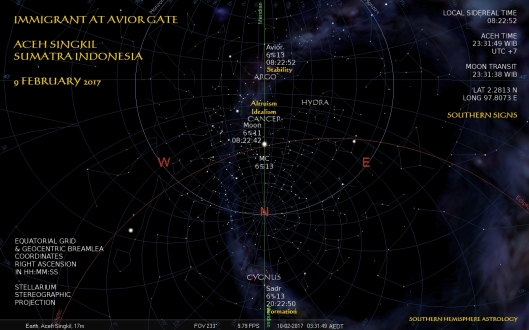Tags
From Duino Elegies: The First Elegy
Of course, it is strange to inhabit the earth no longer,
to no longer use skills one had barely time to acquire;
not to observe roses and other things that promised
so much in terms of a human future, no longer
to be what one was in infinitely anxious hands;
to even discard one’s own name as easily as a child
abandons a broken toy.
Strange, not to desire to continue wishing one’s wishes.
Strange to notice all that was related, fluttering
so loosely in space. And being dead is hard work
and full of retrieving before one can gradually feel a
trace of eternity.
Rainer Maria Rilke
Trans. Albert Ernest Flemming
Can we be relatively confident there is no absolute truth when we are absolutely confident that everything is relative? Is a pitched battle on the street a refusal on both signs to deconstruct truths which are ignorantly clung to as fundamental, or is one side right and the other wrong? How do some truths resist deconstruction? Consider this chart:

Do you dream of destiny, good burghers of the North? Sleep on, because a snake slithers across your bed, and it is a crab who usurps your throne. We of the South know our way around your underworld, as you do in ours. Shall we continue to fight with you over whether the Sun is high in our consciousness or low in your repair? Will you continue to fight each other over who is king, crab or lion?
My fundamental belief is that everything is made out of time, and that space is simply the dimension in which we construct the illusions which give our brief, almost virtual existence the insights and values which inure us to the instantaneous and meaningless. Space gives life the evolutionary impulse of perspective, but the mirage of place. Time insists on relativity, but it can deliver community.
I suggest to you that time can be experienced in three different ways, and that we all develop attitude which centres us in one of these ways more or less integrated with the others. Seekers, it seems to me, are focussed on dissatisfaction with a synthetic space, and the fundamental organizing principle constituted by their experience of time can remain hidden to them. In grammatical terms, the three attitudes to time are: life is a constant adaptation to an ever-changing present; life is always on the crest of a wave from the past; and life is a choice of the proper future. The three organizing principles are: “How can I change the world?”; “Who is responsible?”; and “What am I entitled to?”.
In grammatical terms, the three attitudes to time are: life is a constant adaptation to an ever-changing present; life is always on the crest of a wave from the past; and life is a choice of the proper future. The three organizing principles are: “How can I change the world?”; “Who is responsible?”; and “What am I entitled to?”.
My archetypes for these attitudes are respectively, Fool, Poet and Saint, and this website engages in an exploration of their many guises. Suffice to say here that the Fool is plagued by care, the Poet by uncertainty, and the Saint by evil. Integration is a necessity, normally undertaken in sleep. The highest form of evolution is not the rule of law, in secular or religious guise, but equanimity. Birds have it in spades, but humans do not. Instead, we have identity, and property, and boundaries.
It is within the confines of those primitive categories that we have curdled our cultures and raised our children during the whole of the ‘Age of Pisces’. All of our laws have evolved to reduce offence, because anger, hatred and conflict are uncomfortable. It is deplorable to live a life which is nasty, brutish and short. Privilege and repression have been our means of dealing with anger.

With breathtaking confidence in non-dualism, pluralism and the economics of globalization, privileged people all over the world have been dismantling boundaries, sharing property and merging identity, but not their own, and they have unleashed such anger that they cannot understand how to deal with it. Their own reactive anger is uncomfortable indeed. It belies their confidence in the Now. It is so correct, so impersonal, and so vain!
So how realistic is hope for a New Age of equanimity and enlightened loving-kindness? Is this hope better-founded in human brain function than the submission to chastity of Islamic and Christian patriarchy? Can post-modernism teach the emptiness of each of the ways of experiencing time, and yet by promoting the value of integration dissolve our differences?

You cannot slay the dragon, Sir Knight of the European Round Table. She is in each of your daughters and sons—heads on them like rabbits! But what you could do, Saints, Poets and Fools of the “United” Nations, is find the Holy Grail for us. Hmm? Could there be an absolute truth? Is Jerusalem one or many? Eh? Eh? The sleepwalker on stage is not whole, and how empty is sleep?
